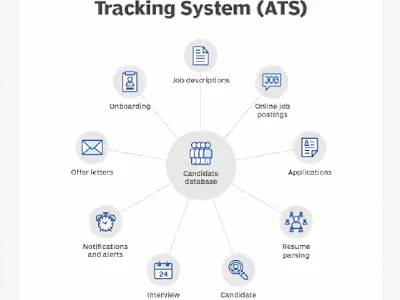Benefit Specialist
Benefits Administration: Manage the day-to-day operations of employee benefits programs, including health insurance, dental and vision plans, life insurance, retirement plans, disability insurance, and flexible spending accounts.
Employee Education: Explain benefit options to employees, often during onboarding or open enrollment periods. This includes creating informational materials, conducting presentations, and providing one-on-one guidance.
Compliance and Regulations: Ensure that the company's benefits programs comply with federal, state, and local laws and regulations, such as ERISA (Employee Retirement Income Security Act), HIPAA (Health Insurance Portability and Accountability Act), COBRA (Consolidated Omnibus Budget Reconciliation Act), and ACA (Affordable Care Act).
Vendor Management: Liaise with benefits providers, insurance companies, and brokers to negotiate terms, manage contracts, and resolve issues. This also involves evaluating and selecting benefits vendors based on cost, quality, and service.
Record Keeping and Documentation: Maintain accurate records related to employee benefits, such as enrollment forms, plan documents, and compliance reports. This is important for audits and regulatory purposes.
Problem-Solving: Address and resolve employee issues or questions related to benefits, such as coverage discrepancies, claims denials, or enrollment problems.
Benefits Strategy: Assist in developing and implementing benefits strategies that align with organizational goals, focusing on cost-effectiveness, employee satisfaction, and competitive positioning.
Like this project
Posted Apr 30, 2024
A Benefit Specialist is a human resources professional responsible for managing employee benefits programs, including health insurance, retirement plans, paid t





